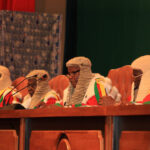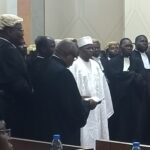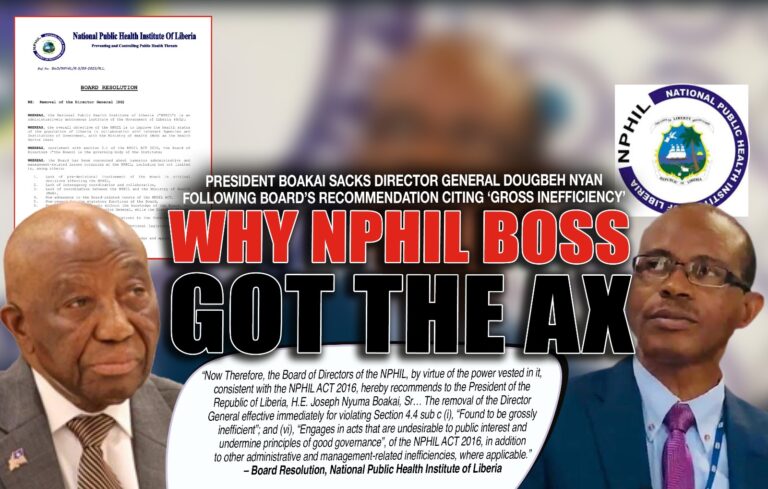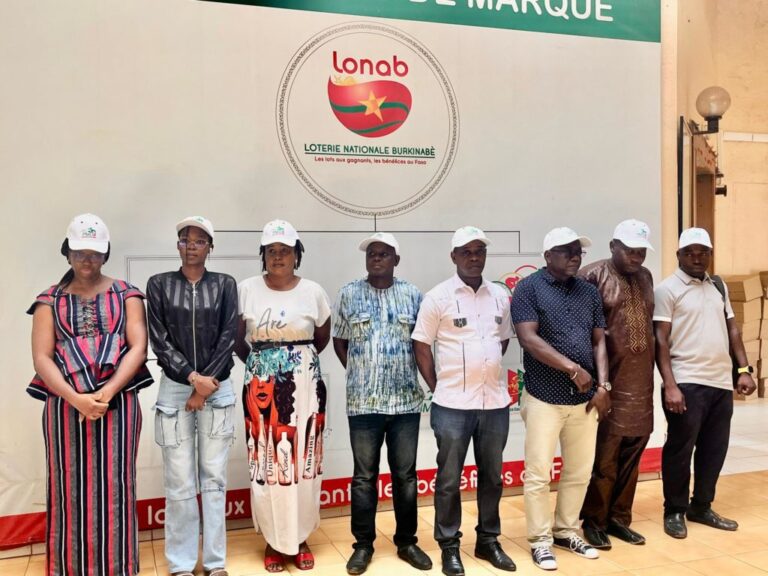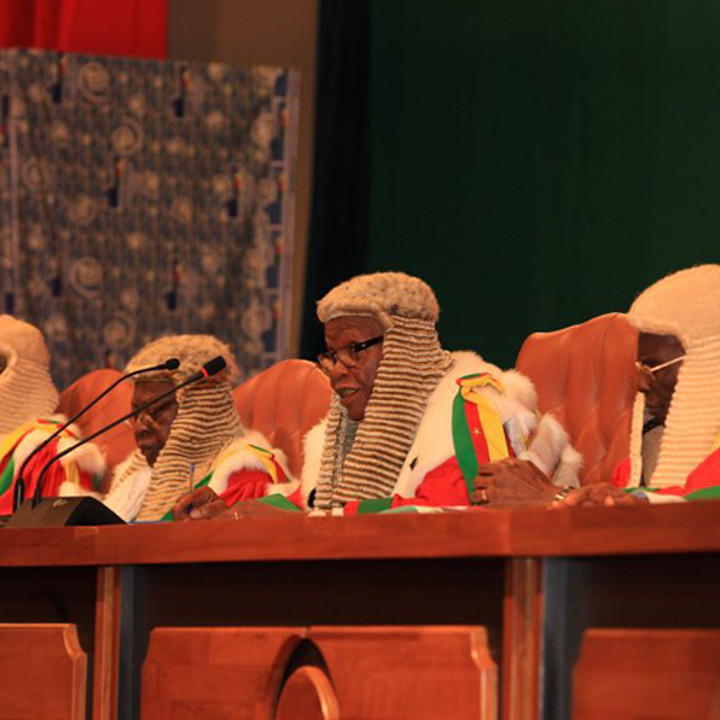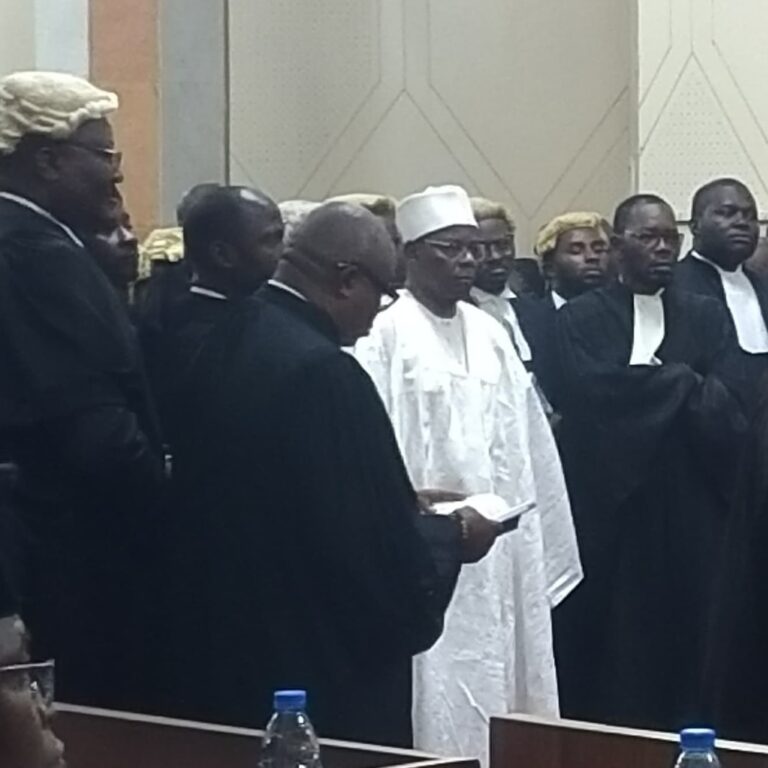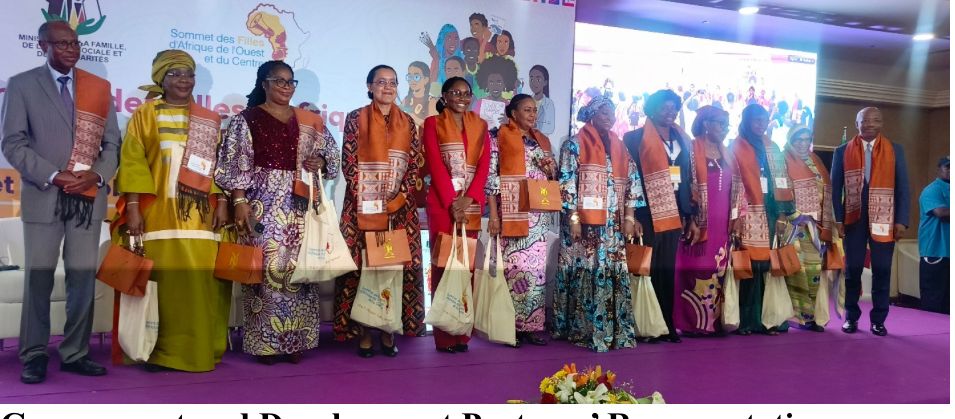
Monrovia, Liberia – October 14, 2025 – The echoes of the “Dakar Declaration and Program of Action for Girls in West and Central Africa” are reverberating across the region, offering a powerful blueprint for change, and for Liberia, it presents a critical moment to re-evaluate and accelerate national efforts for its young female population. Adopted at a groundbreaking summit in Senegal on October 10-11, this girl-led declaration is more than just words; it’s a “binding roadmap,” as declared by Senegalese Prime Minister Ousmane Sonko, urging governments to move from promises to pragmatic, lasting action.
BY: Rita Jlogbe | contributing writer
Liberia’s delegation, led by Deputy Minister Laura Golakeh of Gender, Children and Social Protection, and energetic adolescent representatives like Jophelia and Sampson Tweh, actively participated in shaping this landmark document. They contributed Liberia’s unique challenges and aspirations to a collective agenda designed to uplift the region’s 75.5 million adolescent girls.
The Dakar Declaration lays out six critical priorities: the right to education, health and well-being, water, sanitation and hygiene (WASH), protection, participation and information, and urgent action on climate change. Each of these pillars has profound implications for Liberia, a nation where girls still confront significant hurdles.
UNICEF Regional Director Gilles Fagninou highlighted the stark reality during the summit’s opening, noting that statistics on girls’ well-being in West and Central Africa are “the worst when we compare West and Central Africa to other regions of the world.”
For Liberia, this translates into everyday struggles, limited access to quality education, early marriages, gender-based violence, and the critical need for confidential health services. Andrew Brooks, UNICEF Liberia Country Representative, acknowledged the Liberian government’s efforts, such as programs to put street children, particularly girls aged 13-15, back into school. However, he pointed out, “much more needs to be done.” Challenges like school retention, overcrowded classrooms, and overwhelmed teachers indicate systemic issues that the Dakar Declaration directly addresses with its calls for inclusive education, scholarships, and safe learning environments.
The “Protection” pillar of the Declaration directly speaks to one of Liberia’s most contentious issues: Female Genital Mutilation (FGM). Jophelia Quayee, the Executive Director of a Liberian youth led organization “Children Voices,” called for FGM to be criminalized, reflecting the frustration of many with the legislative delays.
The Declaration’s demand for “strict laws and clear sanctions against perpetrators” of FGM and gender-based violence offers a powerful regional mandate for Liberian lawmakers to act decisively, prioritizing the well-being of girls over political expediency. Instrument also champions girls’ “right to participation and information,” urging their active inclusion in decision-making spaces.
This resonates deeply with the summit’s girl-led approach, exemplified by young leaders like Sampson Tweh, who returned with a commitment to teach his male peers about being “allies” in the fight for gender equality. Senegalese Prime Minister Sonko’s closing address emphasized that such summits should not be “repeating, over the years, the same meetings to talk about the same problems, without finding effective, lasting or even definitive solutions.” He made a “solemn commitment” to establish a committee to implement the Dakar Declaration in Senegal and called on all states to embrace it as a “binding roadmap.”
For Liberia, this means translating the spirit of Dakar into tangible reforms. It demands more than just acknowledging the problems; it requires dedicated funding, robust policy implementation, and a genuine commitment to listen to and empower adolescent girls. As UNICEF Executive Director Catherine Russell urged, “The world must listen. I call on every leader to listen and to act. Integrate the Girls Agenda into international plans to fund the priorities they have expressed to continue protecting and advancing their rights.”
So far, the pressure to eradicate FGM in Liberia has resulted in only temporary measures, which have proven largely ineffective. In 2018, on her final day in office, former president Ellen Johnson Sirleaf signed an executive order imposing a one-year ban on FGM. This was followed by a one-year ban from the National Council of Chiefs and Elders of Liberia (NACCEL) in 2019, as well as the three-year moratorium in 2022 and the “permanent ban” declared in 2023.
There are several challenges associated with placing the responsibility for enforcing a ban on NACCEL. According to some legal experts, a ban issued by the traditional council lacks legal authority. While the council wields traditional influence over the affected communities, it is uncertain how it can enforce compliance with its prohibitions with some traditional chiefs and elders believed to be actively supporting FGM. Therefore, assigning the issue of FGM to NACCEL means that any action taken depends on the political will of the leadership at any given time.
Dounard Bondo, a Liberian Lawyer shares the view that implementing a law criminalizing FGM could address all of these challenges; the government and its agencies would have the necessary capacity to oversee and enforce a legal ban across Liberia. Individuals like Jophelia believe that the possibility of facing legal consequences would have a stronger deterrent effect on the continuation of FGM.
In addition to enacting the law, the lawyer recommends that the Liberian government should establish a comprehensive reporting and witness protection system to ensure that FGM cases are properly reported.
The illumination of the African Renaissance Monument in pink on the International Day of the Girl was a beautiful symbol of hope. Now, the task for Liberia is to ensure that hope translates into concrete improvements for every girl, making the Dakar Declaration not just an aspirational document, but a lived reality across the nation.



